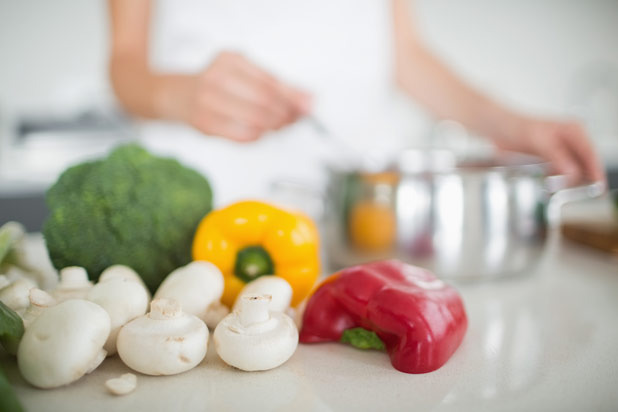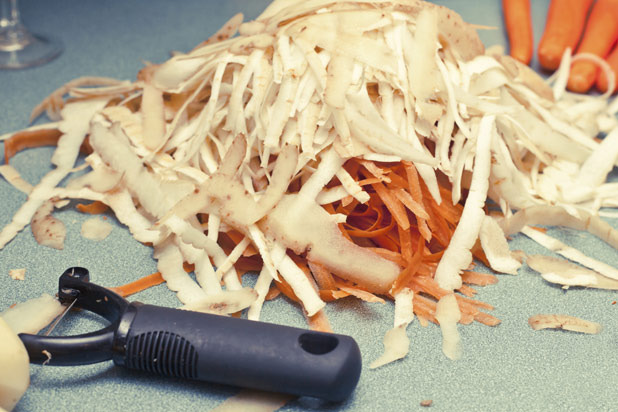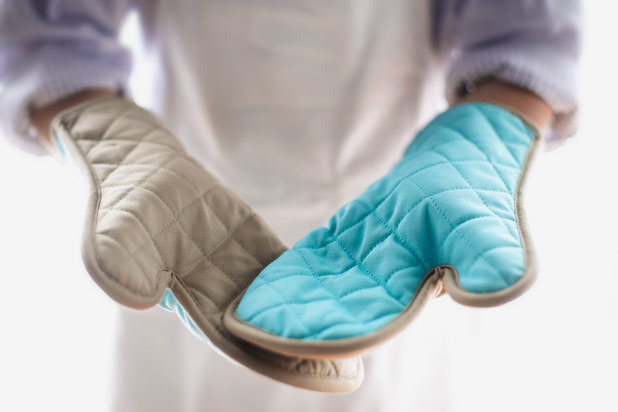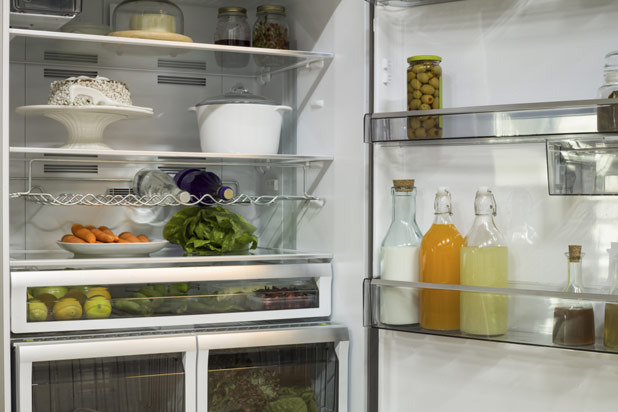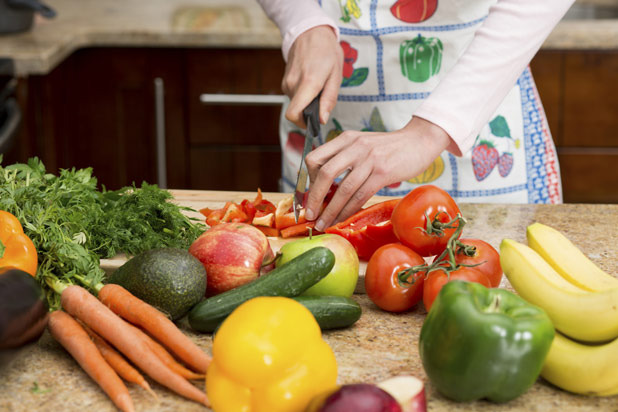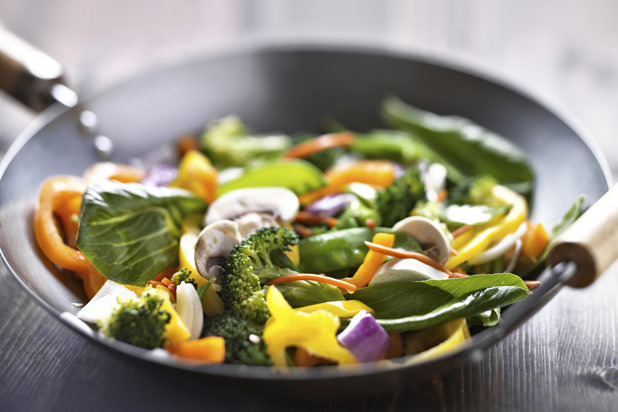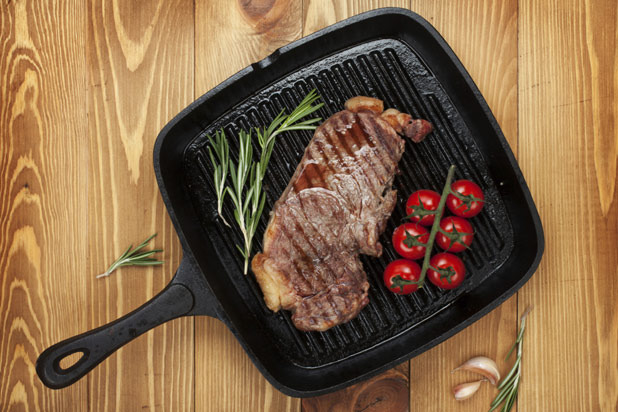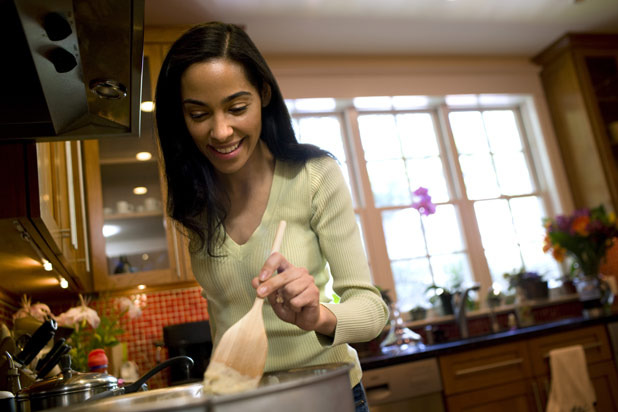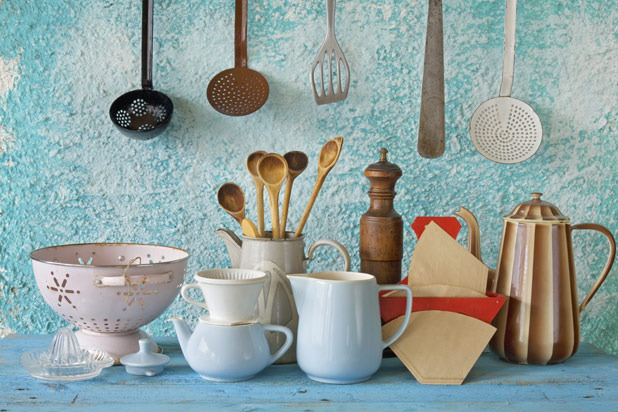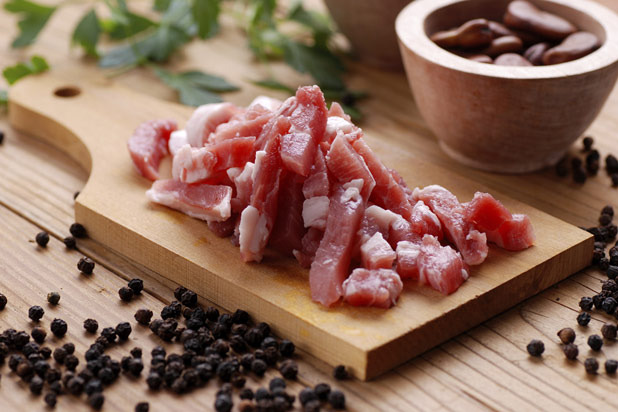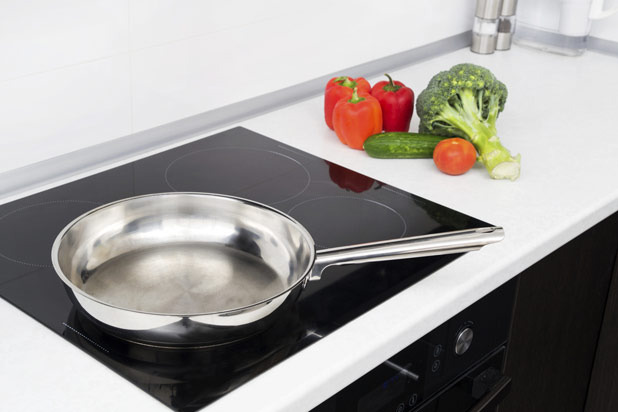11 Bad Kitchen Habits To Break Now
With the holidays approaching, many of us will be spending more time cooking than any other time of year. If cooking is a stressful and unorganized experience for you, break your bad kitchen habits for a much more enjoyable time.
Keep a Clean Countertop
Messy surfaces in the kitchen can be dangerous. Wash pots, pans, knives, and cutting boards as you cook, and use a large bowl to collect garbage as you cook, so it's all in one place and doesn't end up all over the floor.
Don’t Leave Dishrags or Potholders All Over
Dishrags and potholders should go back in the same place every time you use them, so you know where to get them without even thinking about it. They should never be left out on the counter, both because they're dirty and because they're a fire hazard near the stove.
Use What’s Already in Your Fridge
You're wasting money if you throw out leftovers every week. Make a visible list (a chalkboard or white board works well here) of what you have in the fridge, including half-used containers and leftovers from other meals, so you can incorporate them into new meals.
Prep Ingredients First
It's best to prep all of the vegetables before you even start cooking; there won't be time to do it between the stages of quick cooking dishes like stir-fry, and it leaves you with more time for cleanup in slow cooking dishes.
Don’t Overcrowd the Pan
Whether you're roasting vegetables on a sheet tray or searing meat in a Dutch oven, it's important not to overcrowd the pan. Overcrowding will make food steam rather than brown. Make sure there is only one layer of food in the pan (every piece should have its own real estate in there) to achieve a golden-brown color.
Always Rest Cooked Meat
After searing, rest meat or poultry for about 10 minutes before eating. This will allow the juices to redistribute and will prevent the juices from making their way into the side dishes.
Easy on the Stirring
Sometimes stirring is good (like in risotto), but if you're trying to achieve color on meat or vegetables you have to let them brown on their own. If you have the impulse to stir the food, take a look and see if the edges are browned. If they're not, you can let it go for a little while longer.
Use the Right Cooking Utensils
In an effort to maintain the equipment in your kitchen, choose the right cooking utensils. Don't use metal utensils on nonstick pans; they'll scrape off the protective layer on the pans. Plastic utensils (unless they're high-heat resistant) are no good for most hot uses. Your best bet is to stick with a wooden spoon and a metal fish spatula for most needs.
Guard Against Cross-Contamination
Always wash knives and cutting boards after they touch any type of raw meat or fish. This prevents cross-contamination and, with it the likelihood of food-borne illnesses.
Preheat the Pan
If you want to sear steak or pan-fry chicken (or anything in between), you'll need to preheat the pan. Start by heating the pan for a bit and then add in the oil. This allows the pan to heat up without the oil prematurely hitting its smoke point.
